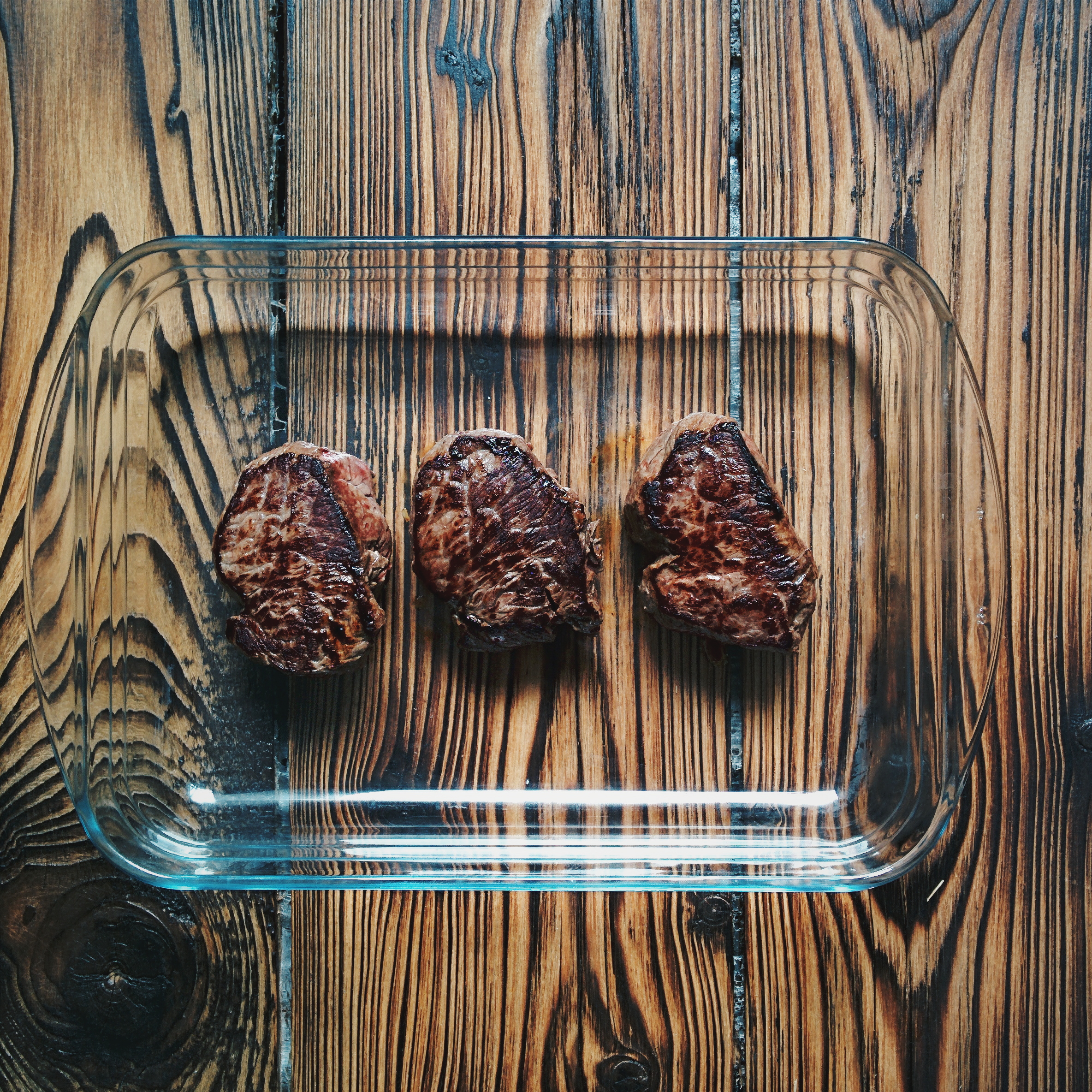To add to the mounting research on protein diets and kidney health, another study was performed. For an introduction to the whole discussion, I recommend reading Chris Kresser's post on protein and kidney health and this post over at Precision Nutrition on protein diets in relation to those with diabetes and hypertension. This most recent study by Jose Antonio's research group observed 14 males athletes for a year and had them do a randomized cross-over trial, where they would eat normal protein or high protein for 6 months and track blood markers such as cholesterol, kidney filtration rates, and more.
Before we go on, I think it's important to first understand what is a high protein diet. The baseline level for most nutrition societies is 0.8 grams per kg of body-weight. This study used between 2.5 and 3.3 grams of protein per kg of body-weight, which is 3-4x the baseline recommendation. It's important to always be calculating protein in this manner as it is more accurate than saying "people ate 15-35% of calories from protein" because people have different body-weights. It should also be noted that the amount of protein the athletes were eating in the normal phase would still be considered high by many people in the nutrition field.
The participants tracked their food 3x per week using the MyFitnessPal App on their phones and most of the additional protein was supplied by whey protein powder. Five blood test were sampled and analyzed pre/during/post the high protein intervention. Body composition was taken using the oh-so-sexy BodPod. Results showed no significant changes in kidney, liver, or blood markers nor did body composition change.
Now this study is far from perfect and has many limitations: Sample size, gender, age, not controlling for training volume, self-reporting, etc. But to me, it adds more skepticism to the idea that protein is inherently damaging to our kidneys. Do you want to know what damages your kidneys? High blood pressure and diabetes!!! Don't get those!

